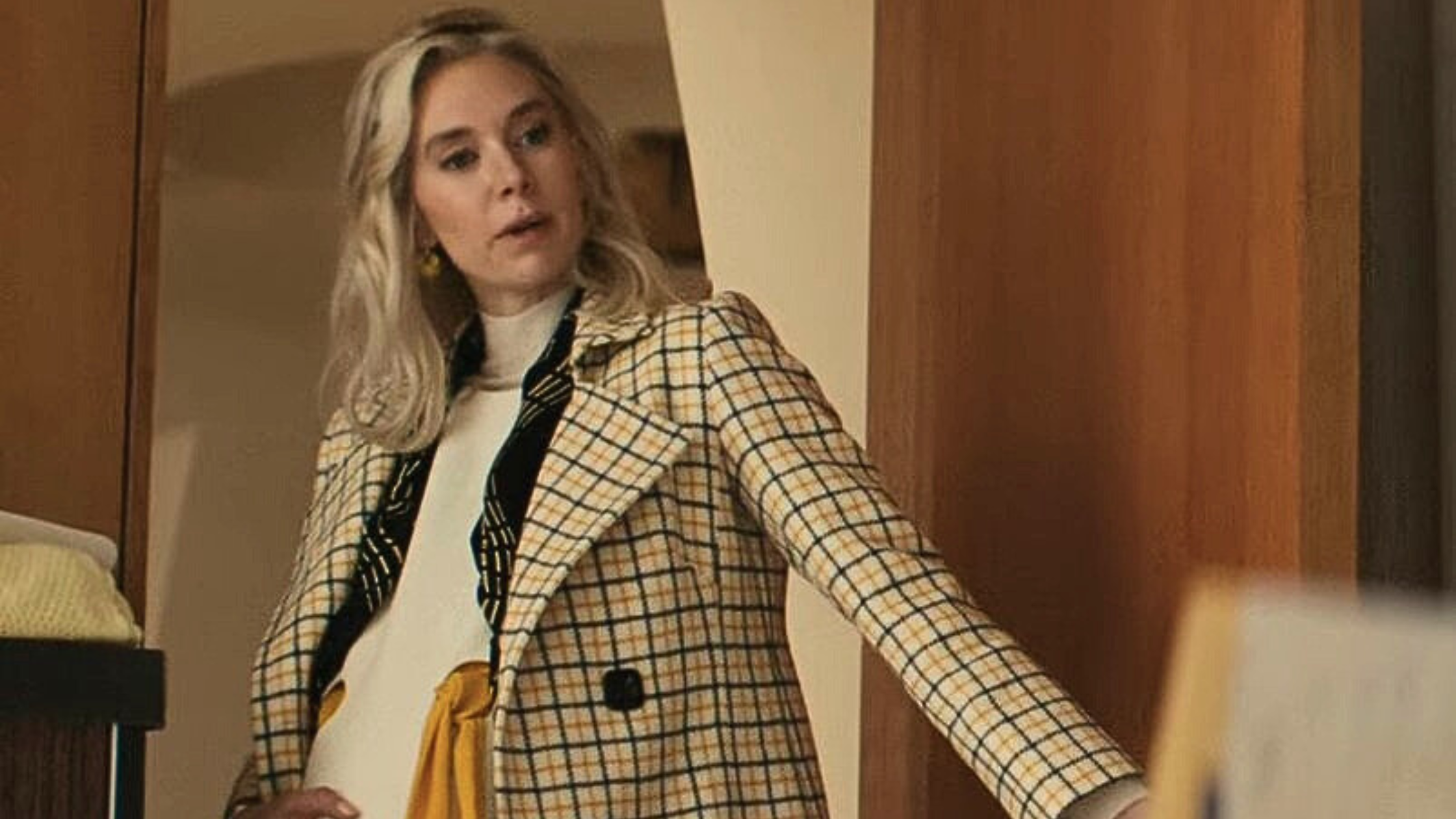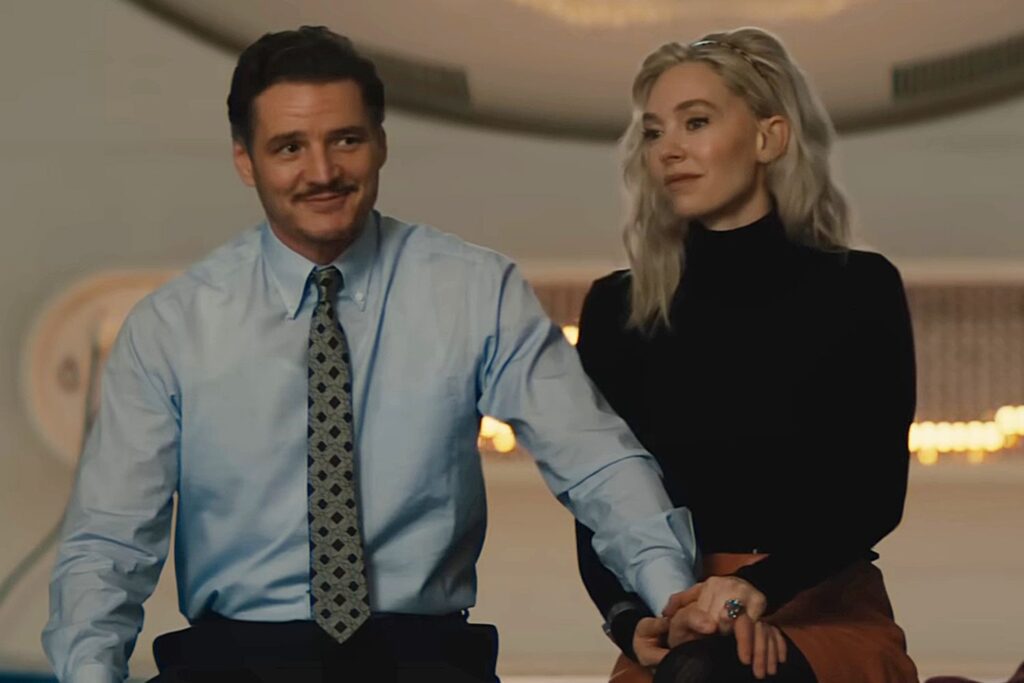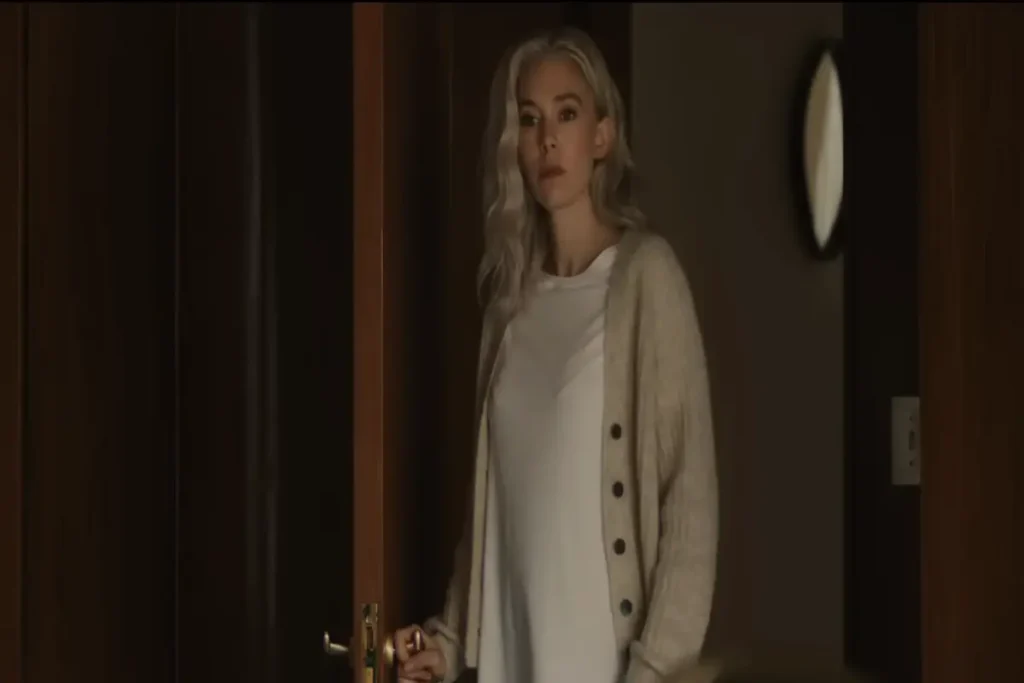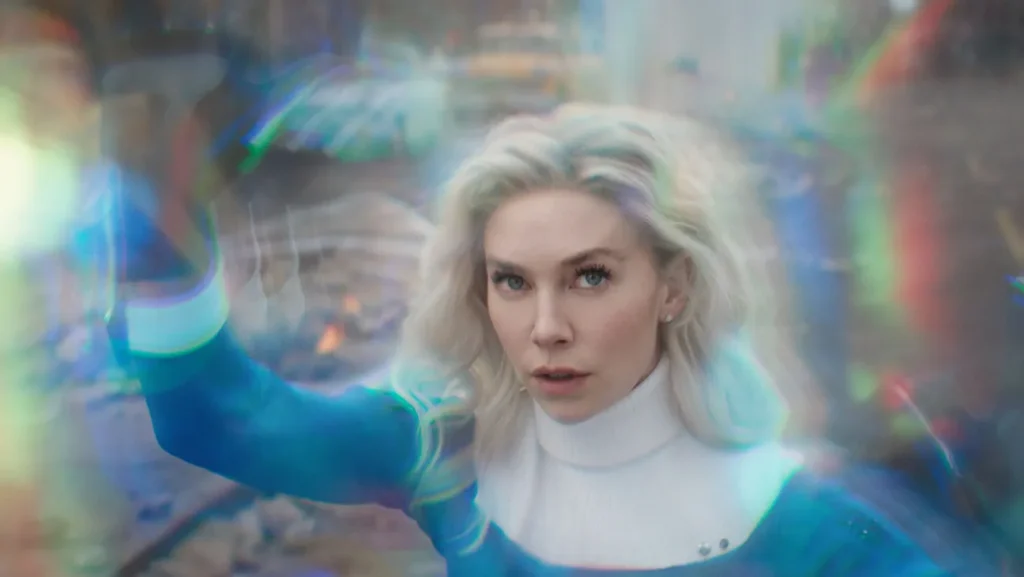Sue Storm’s Pregnancy in The Fantastic Four: Not a Limitation, But a Driving Force

While there may have been hiccups with past renditions of The Fantastic Four franchise, the 2025 version, First Steps, is rewriting its history. The film not only shines with cinematic prowess and a wisely chosen cast from some of our favorite TV shows (Pedro Pascal, The Last of Us, Vanessa Kirby, The Crown, Joseph Quinn, Stranger Things, Ebon Mass Bachron, The Bear, Julia Garner, Ozark) but something else: maternal power. And it’s all thanks to Sue Storm.
Yes, she’s still the razor-sharp, force-field-wielding, problem-solving genius we’ve always loved. But this time, she’s also pregnant—and her portrayal offers a fresh, beautifully layered look at motherhood, identity, and feminine strength that feels long overdue in the superhero genre.

The film also expresses the pain of long-time infertility and the excitement of a positive pregnancy test. Reed Richards (Pedro Pascal) and Sue Storm (Vanessa Kirby) have been trying to conceive for years, and the positive pregnancy test acts as a catalyst for the entire film. It brings both joy and worry, as any parent who has been through the throes of a fertility journey will know. The suppressed hope (in case this one doesn’t stick), the panic (could something be wrong with the baby?), and the elation of a dream finally came true. The focus on pregnancy and parenthood feels novel in a time where the MCU has given the world superhero fatigue.
Motherhood As Its Own Power
For so long, the image of the superhero has been synonymous with a singular kind of strength: physical power, stoicism, sacrifice. But Sue Storm challenges that mold in the most subtle and stunning way. Rather than sidelining her story or softening her edge, the film lets her pregnancy deepen her heroism. She’s not just saving the world—she’s creating one, too.
There’s a quiet feminism in that, and a graceful resistance to the narrative long woven through Hollywood films: that pregnancy and motherhood are an obstacle. Sue Storm proves in The Fantastic Four: First Steps that it’s her driving force.
Sue Storm’s Pregnancy: No Longer a Trope or A Setback
Unlike the tired trope of the “pregnant woman in peril,” Sue is not treated as fragile or helpless. Instead, she is the moral compass and emotional glue of the team. She strategizes in the lab, shields civilians mid-battle, and leads from the front. Her pregnancy isn’t a plot device—it’s a part of her power. The film doesn’t ask us to choose between strength and softness, intellect and intuition. Instead, it lets Sue be fully both—and more.

We also see glimpses of her transformation into motherhood that are real and relatable: the growing belly, the morning sickness, the anxiety and fears. Any pregnant woman or mom who watches The Fantastic Four will see herself represented authentically in the film. Vanessa Kirby’s portrayal of pregnancy and new motherhood is not overly glamorized. She, as a mother in real life, clearly brought in her own experience: the grit and the rawness of motherhood, too.
The Fantastic Four: First Step Scenes That Say It All
What’s most refreshing is the film’s refusal to frame motherhood as a limitation. Too often in media, a woman’s professional or heroic arc pauses when she becomes a mother. But here, Sue’s motherhood is integrated into her identity rather than used to overwrite it.
There’s a scene in the second act that has already made waves online: Sue stands alone, her body tense as her forcefield pulses around a group of civilians, her hand instinctively resting on her belly. It’s a moment of silent defiance—an unspoken promise to protect what matters most. No dialogue, no dramatics. Just a visual reminder that creation and protection are two sides of the same coin.
She doesn’t disappear into the background; she literally makes herself visible when the team needs her most—baby bump and all. Sue even defies the odds in a space scene: while in labor, she uses her invisible forcefield to fight off the enemies. Truly a feat, and what women would consider akin to giving birth in the back of a car by anyone but a doctor, without an epidural.
Also read: Top 10 Movie and TV Moms We Love!
Redefining What Strength Looks Like
The film doesn’t hammer this message home with heavy exposition or preachy monologues. Instead, it trusts the audience to see the beauty in a woman who holds both vulnerability and victory in the same breath.
It’s a cinematic nod to every mother who’s ever made the impossible look effortless—and a celebration of the feminine force that holds the world (and sometimes the multiverse) together.
We’re no longer limited to the “strong female lead” who acts like one of the boys. We’re seeing multidimensional women whose strength looks like wisdom, empathy, sacrifice, and yes—sometimes even morning sickness and maternity suits modified for combat.
A Hero for Every Woman

And while it’s still rare to see pregnancy portrayed as a power in media, especially in action-heavy films, this new Fantastic Four makes a bold, beautiful statement: motherhood isn’t the end of a woman’s story—it’s another kind of beginning.
So here’s to Sue Storm: not just a superhero, but a symbol of what real feminism looks like in 2025. Empowering, embodied, and quietly revolutionary. She’s proof that women don’t need to choose between saving the world and shaping new ones—they’ve been doing both all along.

